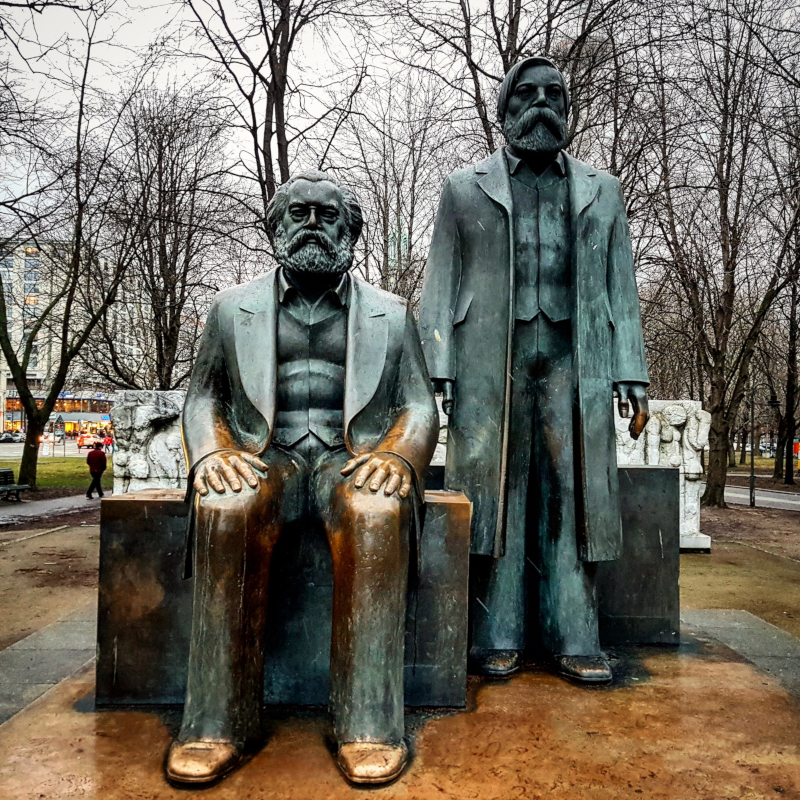Marxology is the careful, in-depth study of the ideas and writings of Karl Marx and his close collaborator, Friedrich Engels. It involves understanding their thoughts on society, economics, and politics. The term “Marxology” was first used by David Ryazanov, a Russian Marxist scholar who founded the Marx-Engels Institute in Moscow. Around 1920, Ryazanov started a major project to collect, archive, and publish all the works of Marx and Engels, called the Marx-Engels Gesamtausgabe (MEGA). He didn’t just want to save their writings; he wanted to study and explain them accurately, without any political biases or misunderstandings that may have developed after Marx’s death.
Ryazanov’s approach encouraged scholars to look at Marx’s original ideas closely, within their historical and social context. This careful approach became known as “Marxology,” a field of study that aims to explore Marx’s theories through analysis, historical research, and clear interpretation.
Key Areas of Marxology
Marxology covers many areas of study. Here are the most important ones:
- Marxist Theory: This involves studying Marx’s major ideas like his critiques of capitalism, the theory of class struggle, historical materialism (how history is shaped by material conditions), and the labor theory of value (how the value of goods comes from the labor needed to make them). Marxology looks at how these ideas explain social and economic systems.
- Political Economy: Marx wrote extensively about capitalism, focusing on ideas like surplus value (the extra value workers create that goes to capitalists), exploitation, and capital accumulation. Marxology examines how these economic concepts shape social structures and power dynamics in society.
- Sociology and Social Theory: Marxology also includes Marx’s ideas about social classes, alienation (the feeling of disconnection workers have from their work), and ideology (beliefs that keep existing power structures in place). Scholars in Marxology look at how these ideas apply to today’s social issues.
- Philosophy: Marxology studies Marx’s philosophical approach, especially dialectical materialism (the idea that societal change comes from real-world conflicts and material conditions). This helps explain how Marx believed societies evolve over time.
- Application to Modern Issues: Marxology isn’t just about the past; it’s also about the present. It involves applying Marx’s theories to current economic, political, and social issues, helping to assess how relevant his ideas are today.
- Critiques and Developments: Marxology includes studying criticisms of Marxist ideas from different perspectives. It also explores how Marxism has grown and changed through the contributions of later thinkers and social movements.
Why Study Marxology?
Marxology is interdisciplinary, meaning it connects with various fields like economics, politics, history, and sociology. It gives people tools to analyze how power works in society, how economic systems function, and how social change happens. This field often leads to calls for social and economic reforms inspired by Marx’s vision of a fairer society.
While Marxology is not as widely known as terms like “Marxist theory” or “Marxist studies,” it captures the detailed, comprehensive study of Marx’s legacy. It allows people to look closely at how his ideas continue to impact modern thought, social sciences, and activism.
In short, Marxology offers a way to explore Karl Marx’s ideas deeply and carefully, understanding how they apply to both historical and modern contexts. It continues to inspire scholars who seek to understand the forces that shape societies and the changes needed for a more just world.

